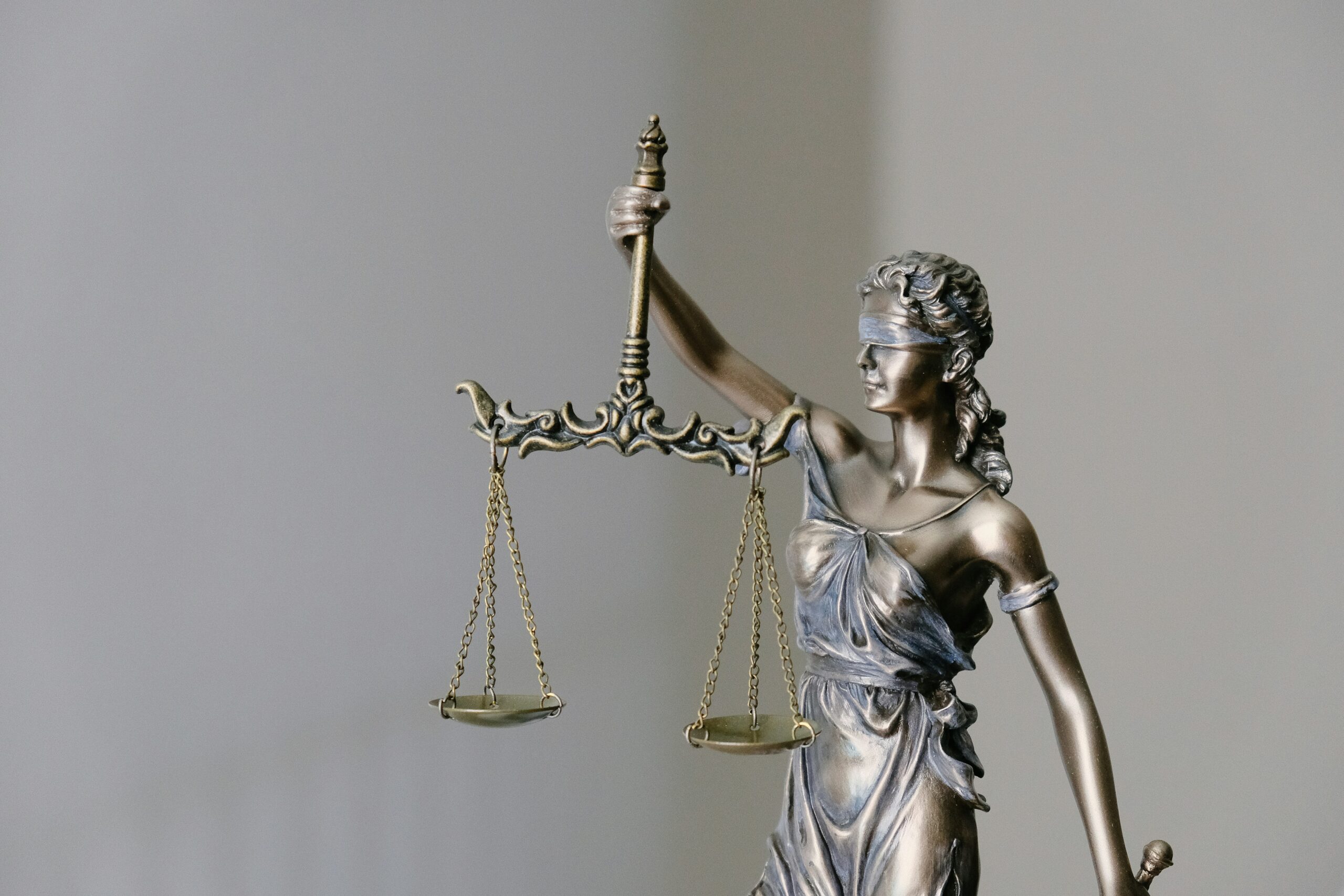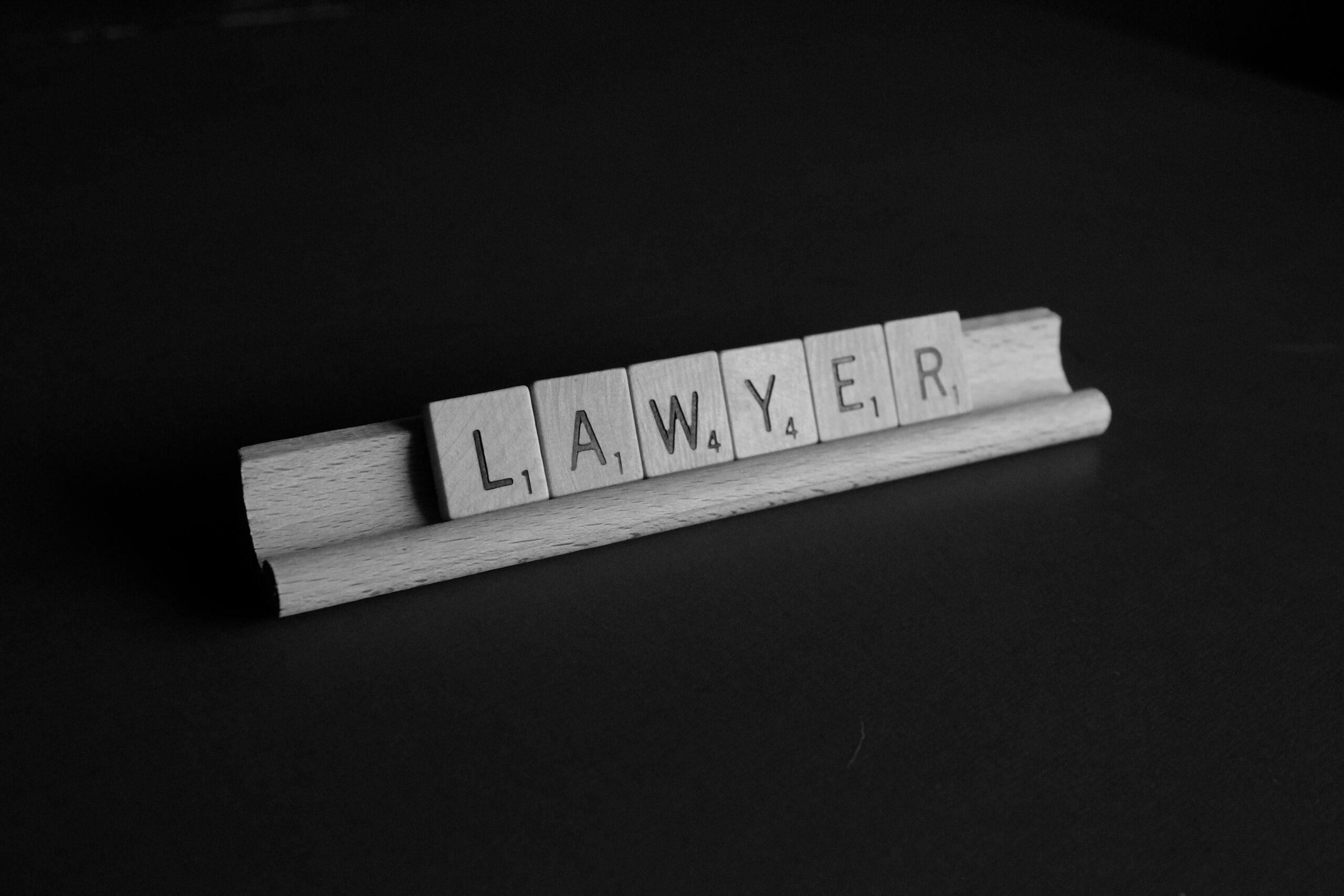
Civil litigation lawyer near me for trusted legal representation
When facing a civil dispute, finding a skilled civil litigation lawyer near me can make the difference between success and costly defeat. Civil litigation encompasses a broad range of legal disputes between individuals, businesses, and organizations, requiring specialized knowledge and strategic expertise to navigate complex legal proceedings effectively.
Understanding Civil Litigation Law
Civil litigation involves legal disputes where one party seeks monetary compensation or specific performance rather than criminal sanctions. Unlike criminal cases prosecuted by the government, civil litigation cases are disputes between private parties seeking to resolve conflicts through the court system or alternative dispute resolution methods.
The civil litigation process includes pre-litigation negotiations, formal discovery procedures, motion practice, trial preparation, and potentially jury trials or bench trials. Experienced litigation attorneys understand how to build compelling cases, gather crucial evidence, and present persuasive arguments that protect their clients’ interests throughout every stage of legal proceedings.
Types of Civil Litigation Cases
Personal Injury Litigation
Personal injury cases form a significant portion of civil litigation practice. These cases involve individuals who have suffered physical, emotional, or financial harm due to another party’s negligence or intentional actions. Common personal injury claims include automobile accidents, slip and fall incidents, medical malpractice, product liability, and wrongful death cases.
Skilled personal injury attorneys work on contingency fee arrangements, meaning clients pay attorney fees only when they achieve favorable settlements or jury verdicts. This arrangement makes legal representation accessible to individuals who might otherwise be unable to afford experienced litigation counsel.
Business and Commercial Litigation
Commercial litigation involves disputes between businesses, partnerships, corporations, and other commercial entities. These complex cases often involve contract breaches, partnership disputes, intellectual property infringement, employment law violations, and shareholder conflicts.
Business litigation attorneys must understand corporate law, contract interpretation, and industry-specific regulations to effectively represent commercial clients. They often work with forensic accountants, industry experts, and technical specialists to build comprehensive cases that protect business interests and financial investments.
Employment Law Disputes
Employment litigation covers workplace-related legal disputes including discrimination, harassment, wrongful termination, wage and hour violations, and breach of employment contracts. These cases require attorneys who understand federal employment laws, state labor regulations, and workplace rights protections.
Employment law attorneys represent both employees seeking justice for workplace violations and employers defending against employment-related claims. They navigate complex regulatory frameworks while protecting their clients’ rights and reputations throughout sensitive workplace dispute resolution processes.
Real Estate and Property Disputes
Property litigation involves conflicts over real estate ownership, boundary disputes, landlord-tenant disagreements, construction defects, and zoning issues. Real estate attorneys must understand property law, local zoning regulations, and construction industry standards to effectively resolve property-related disputes.
These cases often require extensive document review, property inspections, expert witness testimony, and negotiation skills to achieve favorable outcomes for property owners, tenants, contractors, and real estate investors.
Choosing the Right Civil Litigation Attorney
Experience and Specialization
When searching for a civil litigation lawyer near you, prioritize attorneys with extensive experience in cases similar to yours. Litigation practice areas require specialized knowledge, and attorneys who regularly handle specific types of disputes develop valuable expertise that benefits their clients.
Review potential attorneys’ case histories, settlement achievements, and trial experience. Look for lawyers who have successfully handled cases with similar fact patterns, legal issues, and monetary stakes as your dispute. 
Local Court Experience
Local litigation experience provides significant advantages in civil disputes. Attorneys familiar with local court procedures, judges’ preferences, and regional legal practices can navigate your case more efficiently and effectively.
Local litigation attorneys understand court scheduling preferences, local rules variations, and judicial tendencies that can impact case strategy and outcomes. They also maintain professional relationships with court personnel and opposing counsel that can facilitate favorable negotiations and settlements.
Communication and Accessibility
Effective attorney-client communication is essential throughout litigation proceedings. Choose litigation attorneys who explain legal concepts clearly, respond promptly to communications, and provide regular case updates.
During initial consultations, evaluate attorneys’ communication styles, availability, and commitment to keeping clients informed about case developments. Clear communication prevents misunderstandings and ensures clients make informed decisions about settlement offers and litigation strategies.
The Civil Litigation Process
Initial Case Evaluation
The litigation process begins with comprehensive case evaluation, where attorneys analyze legal claims, assess evidence strength, and develop strategic approaches. Experienced litigation lawyers conduct thorough interviews, review relevant documents, and research applicable laws to determine case viability and potential outcomes.
This evaluation phase helps clients understand their legal options, potential risks, and expected timelines for dispute resolution. Attorneys also provide cost estimates and discuss fee arrangements during initial case assessments.
Discovery and Investigation
Discovery procedures allow parties to gather evidence, interview witnesses, and obtain documents relevant to legal disputes. This phase includes written interrogatories, document requests, depositions, and expert witness disclosures.
Skilled litigation attorneys use discovery strategically to uncover favorable evidence while protecting clients from overly burdensome or inappropriate discovery requests. They coordinate with investigators, expert witnesses, and document review teams to build compelling cases.
Settlement Negotiations
Most civil litigation cases resolve through settlement negotiations rather than trials. Experienced litigation attorneys leverage their negotiation skills, case knowledge, and legal expertise to achieve favorable settlement terms for their clients.
Settlement negotiations can occur at any stage of litigation, from pre-suit discussions to mediation sessions during trial proceedings. Attorneys must balance clients’ desire for quick resolution with the need to maximize compensation or achieve specific legal objectives.
Trial Preparation and Litigation
When cases proceed to trial, litigation attorneys must prepare comprehensive trial strategies, organize evidence presentations, and develop persuasive arguments for judges and juries. Trial preparation requires extensive coordination between legal teams, expert witnesses, and client representatives.
Successful trial attorneys combine legal knowledge with courtroom presentation skills, creating compelling narratives that resonate with judges and juries. They anticipate opposing arguments, prepare witness examinations, and adapt strategies based on trial developments.
Costs and Fee Structures
Civil litigation attorneys use various fee arrangements depending on case types and client preferences. Contingency fees are common in personal injury cases, while hourly billing typically applies to business litigation and complex commercial disputes.
Understanding fee structures, cost estimates, and payment expectations helps clients make informed decisions about legal representation. Reputable litigation attorneys provide clear fee agreements and regular billing statements that detail legal services and expenses.
Finding Local Civil Litigation Lawyers
Research and Referrals
Start your attorney search by researching local law firms specializing in civil litigation. Bar association directories, online legal directories, and professional referral services can help identify qualified litigation attorneys in your area.
Personal referrals from trusted advisors, previous clients, and other professionals often provide valuable insights into attorneys’ reputations, communication styles, and case management approaches.
Initial Consultations
Most litigation attorneys offer initial consultations to discuss case details and evaluate legal options. Use these meetings to assess attorneys’ experience, communication skills, and strategic thinking about your specific dispute.
Prepare questions about case strategy, expected timelines, fee arrangements, and attorney availability before consultation meetings. This preparation helps you make informed comparisons between potential legal representatives.
Frequently Asked Questions (FAQs)
How much does a civil litigation lawyer cost?
Civil litigation attorney fees vary significantly based on case complexity, attorney experience, and fee structure. Contingency fees typically range from 25-40% of settlement amounts, while hourly rates can range from $200-800 per hour depending on location and attorney expertise. Many attorneys offer free initial consultations to discuss fee arrangements and case costs.
How long does civil litigation take?
Civil litigation timelines depend on case complexity, court schedules, and settlement negotiations. Simple cases may resolve within 6-12 months, while complex commercial disputes can take 2-4 years or longer. Most cases settle before trial, which can significantly reduce litigation timelines and costs.
What should I bring to my first meeting with a litigation attorney?
Bring all relevant documents including contracts, correspondence, photographs, medical records, financial statements, and any other evidence related to your dispute. Also prepare a written timeline of events and a list of potential witnesses. This information helps attorneys evaluate your case and provide accurate legal advice.
Do I need a lawyer for a civil lawsuit?
While individuals can represent themselves in civil litigation, having experienced legal representation significantly improves your chances of success. Civil litigation involves complex procedures, strict deadlines, and sophisticated legal strategies that require professional expertise. The stakes in civil disputes often justify the cost of professional legal representation.
What is the difference between civil litigation and criminal law?
Civil litigation involves disputes between private parties seeking monetary damages or specific performance, while criminal law involves government prosecution of individuals accused of crimes. Civil cases have lower burden of proof standards and different procedural rules than criminal proceedings. The same incident can sometimes result in both civil and criminal cases.
How do I know if I have a strong civil litigation case?
Strong civil cases typically involve clear legal violations, substantial damages, identifiable responsible parties, and available evidence supporting legal claims. During initial consultations, litigation attorneys evaluate case strength by analyzing legal theories, evidence quality, and potential defendant assets. Multiple factors determine case viability and potential outcomes.
Can civil litigation cases be resolved without going to trial?
Yes, approximately 95% of civil litigation cases settle before trial through negotiations, mediation, or arbitration. Settlement discussions can occur throughout litigation, and many courts require mediation before trial. Experienced litigation attorneys work to achieve favorable settlements while preparing for trial if negotiations fail.
What happens if I lose my civil litigation case?
If you lose at trial, you may be responsible for your own attorney fees and court costs, and potentially the opposing party’s attorney fees in certain types of cases. You may also have appeal options depending on legal issues and procedural matters. Discuss potential outcomes and risks with your attorney before proceeding with litigation.
How do I find the best civil litigation lawyer in my area?
Research local attorneys through bar association directories, online reviews, and professional referrals. Look for attorneys with specific experience in cases similar to yours, strong track records of success, and positive client feedback. Schedule consultations with multiple attorneys to compare experience, communication styles, and fee structures before making your decision.
What questions should I ask a potential litigation attorney?
Ask about their experience with similar cases, success rates, fee structures, expected timelines, communication policies, and case strategy. Inquire about their trial experience, settlement negotiation approach, and how they handle client communications. Also discuss their availability, support staff, and how they manage case expenses and costs.